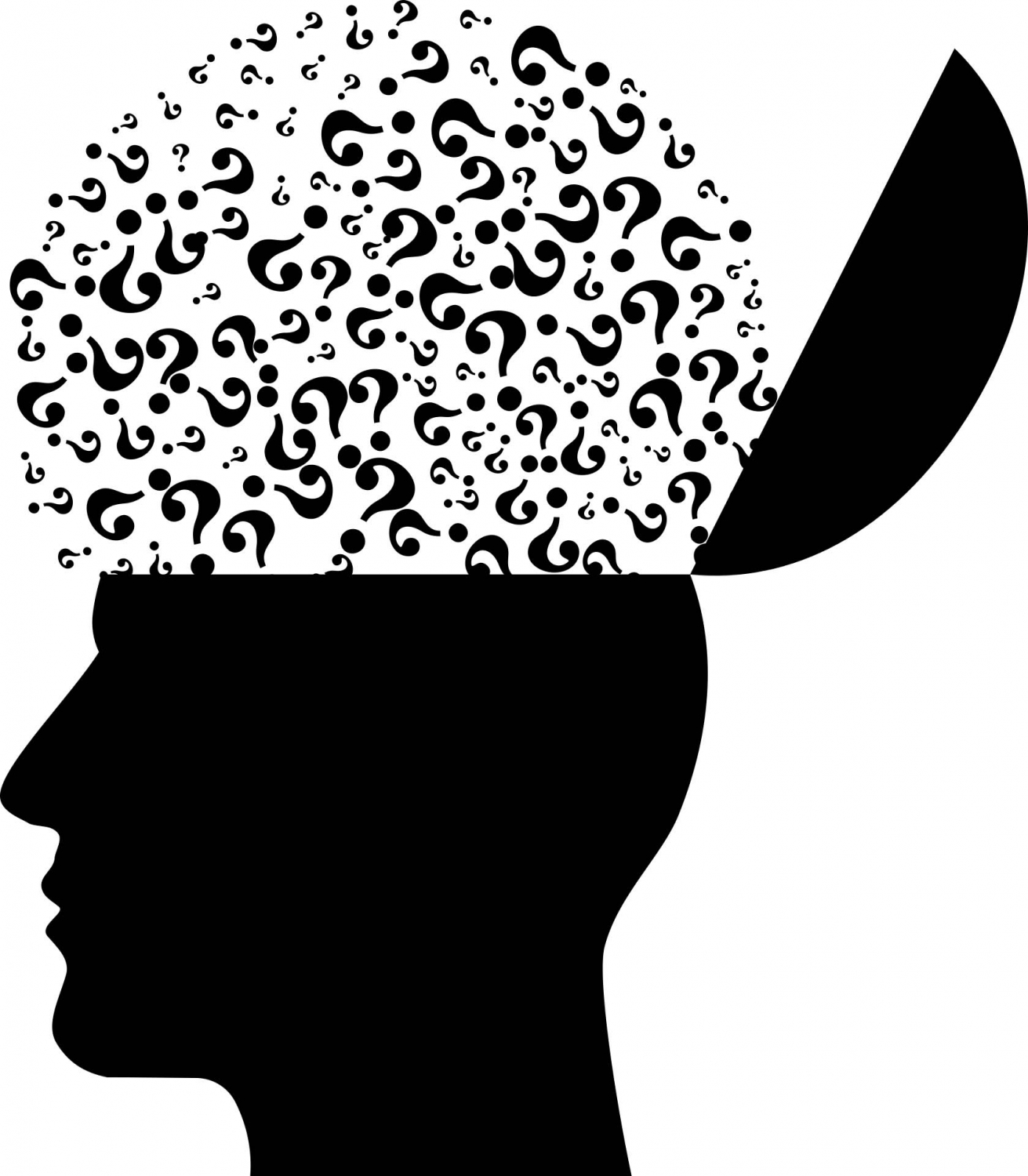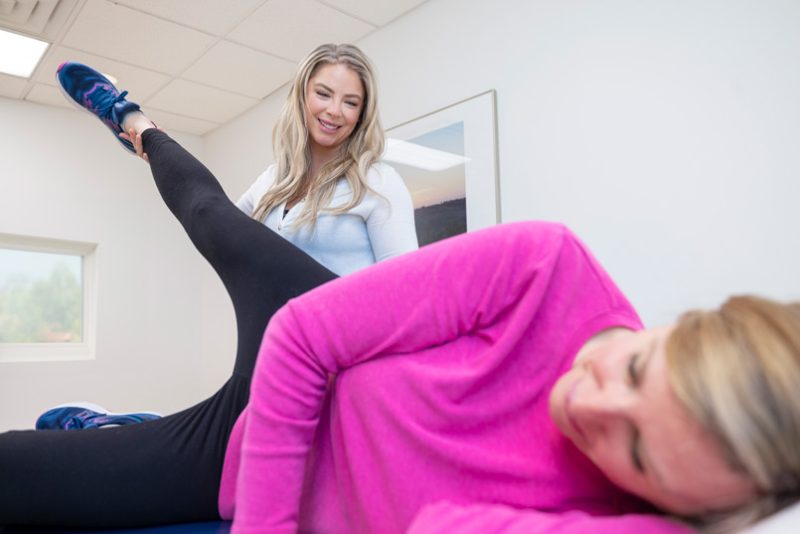Ladies, please take note. Researchers have stressed that new mothers are more likely to suffer from post-natal depression and anxiety during COVID-19 pandemic.
The study, published in the journal Frontiers in Global Women’s Health, revealed that the number of pregnant and postpartum women suffering from the condition have increased during the health crisis.
“The social and physical isolation measures that are critically needed to reduce the spread of the virus are taking a toll on the physical and mental health of many of us,” said study co-author Margie Davenport from the University of Alberta in Canada.
For new moms, those stresses come with side effects. Such effects can include premature delivery, reduced mother-infant bonding, and developmental delays in infants.
“We know that experiencing depression and anxiety during pregnancy and the postpartum period can have detrimental effects on the mental and physical health of both mother and baby that can persist for years,” Davenport added.
For the findings, the research team surveyed 900 women – 520 of whom were pregnant and 380 of whom had given birth in the past year – and asked about their depression and anxiety symptoms before and during the pandemic.
Before the pandemic began, 29 per cent of those women experienced moderate to high anxiety symptoms, and 15 per cent experienced depressive symptoms.
The study found that during the pandemic, those numbers increased – 72 per cent experienced anxiety and 41 per cent experienced depression.
Because lockdown measures have affected daily routines and access to gyms, researchers also asked women whether their exercise habits had changed.
Of the women surveyed, 64 per cent reduced their physical activity since the pandemic began, while 15 per cent increased and 21 per cent experienced no change.
Exercise is a known way to ease depression symptoms, so limited physical activity may result in an uptick in depressive symptoms.
The study also showed that women who engaged in at least 150 minutes of moderate physical activity a week had significantly lower symptoms of depression and anxiety.
“Even when we are not in a global pandemic, many pregnant and postpartum women frequently feel isolated whether due to being hospitalised, not having family or friends around or other reasons,” she said.
“It is critical to increasing awareness of the impact of social (and physical) isolation on the mental health of pregnant and postpartum women,” the study authors wrote.









